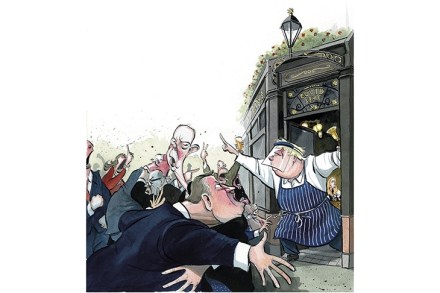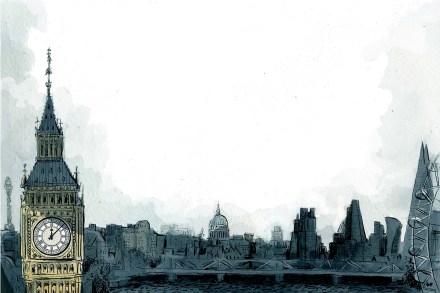Prince Harry could learn from Kate Middleton’s mental health work
I wonder if the royal family realise how lucky they are to have Kate? She may have been born a commoner, but she is proving herself to be the best asset the Firm have. As naff as this sounds, she comes across as actually caring and wanting to use her position of power and influence to do some good which is quite refreshing in today’s self-obsessed, navel-gazing world where those in the public eye only seem to care if there’s a long-lens camera trained on them while they do their good deeds. Along with William she has championed causes such as mental health which were profoundly uncool when they first





















